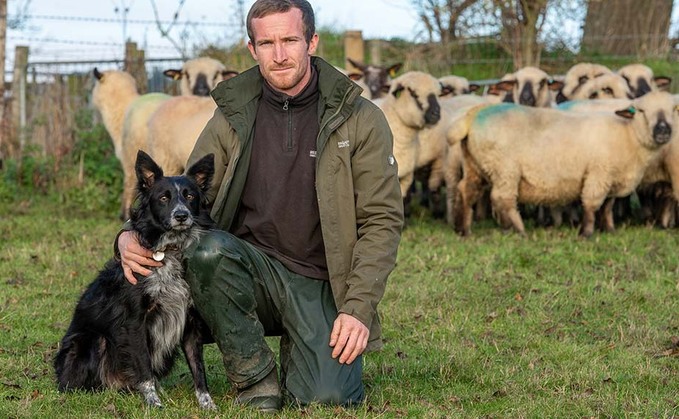
A Hertfordshire sheep farmer has built up a medium-sized flock in just seven years and sells almost 500 lambs direct to customers annually at a pre-arranged fixed price. Self-employed machinery contractor,...

A Hertfordshire sheep farmer has built up a medium-sized flock in just seven years and sells almost 500 lambs direct to customers annually at a pre-arranged fixed price. Self-employed machinery contractor,...

2014 Used Massey 7626 7.4L SISU 240hp

Used Deutz Fahr 6155PS

New Kubota M4-073